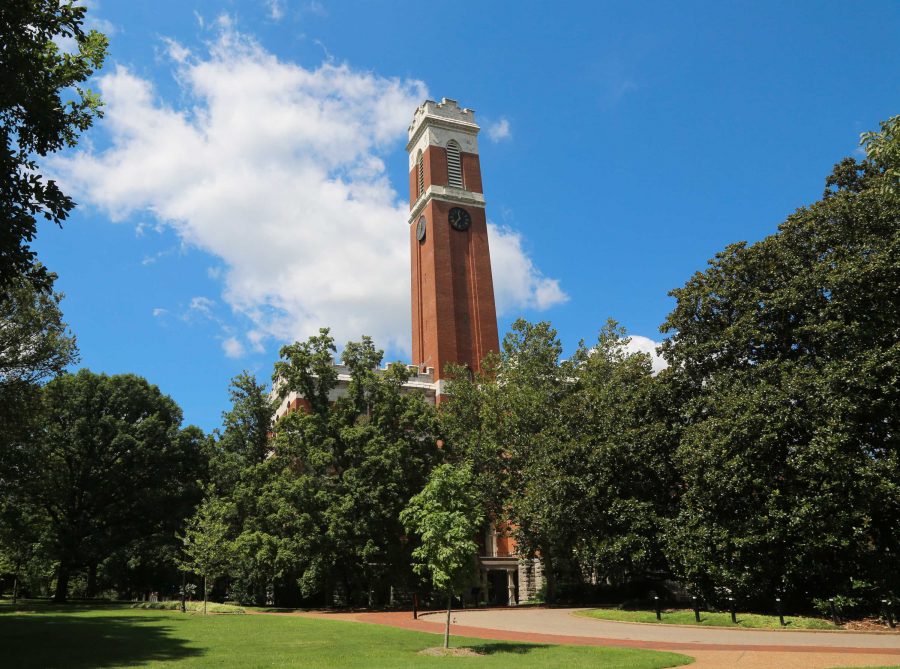Though our nation is willing to spend $700 billion on a military budget and thought-out policy proposals such as Elizabeth Warren’s ultra-millionaire tax exist as potential plans for raising the government’s revenue, the primary question surrounding free college tuition in America seems to be: How will we pay for it? This and related questions, while important, miss the value of higher education. Rather, the essential value of providing higher education to all Americans is a matter of our nation’s democracy. In the scope of a healthy democracy, concerns about university as another market good, or as another cost to cover or investment to make, should be secondary to a discussion of higher education and a well-educated citizenry as a cornerstone of democracy.
Author Wendy Brown, in “Undoing the Demos: Neoliberalism’s Stealth Revolution,” writes that market rationality has converted higher education from a public good to an investment. Such a conversion must, in my opinion, be undone in our discussions of free higher education and higher education altogether. Even the term “public good” is made with reference to the market, highlighting a lack of actual vocabulary to discuss values in a democracy outside of the market.
It is through this transformation in the discussion of higher education that prioritizes human capital rather than human beings that economic and investment return concerns are able to take priority over the value and meaning of higher education itself.
What is needed instead of a market-based discussion is a framework of discussing higher education with respect to democracy itself, independent of market forces.
Tammy Kim, in a piece for the New York Times, is right to say that the policy details, the nitty-gritty of paying for an implementing free higher education, misses the point of the discussion altogether. “The point, the red-hot sell,” she writes, “is that some things, like education, should be had by all—on equal terms. The debate is not only one about inequality, as Kim suggests, but about our nation’s democratic well-being as well. The want and the importance of an educated citizenry should supersede and be prioritized over any and all market concerns.
So why is a higher education good, perhaps even necessary for a democracy? In order to participate in a democracy, ideally all people must understand it and the problems and circumstances that come with it. At the very least, however, the people as a whole should not be ignorant of the phenomena and powers that shape their present and future. This is why anti-intellectualism and the disparaging of the liberal arts is particularly dangerous: it harms us as citizens, and promotes a regress of a necessary condition for the possibility of democracy.
Furthermore, a stronger democracy expands its own possibilities. Kim writes that free tuition opens possibilities for other public goods: health care, child care, even universal basic income. Even beyond public goods, I would argue that a more educated citizenry leads to better and more informed participation in our democracy, even if it’s just limited to voting on representatives and referenda. Beyond this too, however, we might seek possibilities for greater democratic participation, which starts with questioning why we as citizens don’t have as much democratic power as we might want or ought to have—questions which, again, require a deeper understanding of democracy in the first place.
That said, it may be for the very purpose of keeping certain limits on our democratic power that resistance to free tuition might be put up by those with current political power. That, of course, is no reason to back down anyway, but it’s important to remember that the state is hesitant to act potentially against its own self-interest. This is all the more reason to reframe the discussion around higher education, so that the state is not another self-interested market actor, but what it’s purportedly supposed to be: a democratically elected body that acts with the will of the people.
Another concern for creating a more educated citizenry through free higher education is that college isn’t for everyone. Granted, being at a prestigious school like Vanderbilt, and having graduated from a college prep high school, I get the sense that most of my peers do sincerely, to some degree, value their education for what it is rather than glorified vocational training. Yet there are some people who have gone to college merely because they felt obligated to–to increase their “return on investment.” In contrast, others who chose not to go to college to instead pursue vocational training, start a business, or something else, have often lived better lives for their decision. Nevertheless, everyone deserves the opportunity to be a better citizen and should be encouraged to pursue higher education for that reason regardless. What might be needed, then, is a discussion about the nature of education itself.
In sum, the debate about free higher education is more a question of our strength as a democracy rather than economics or policy. As Vanderbilt students, although we are already in higher education, we ought to be in favor of something which will make our democracy stronger with hopes that we, together as a people, will discover and achieve new democratic possibilities.


